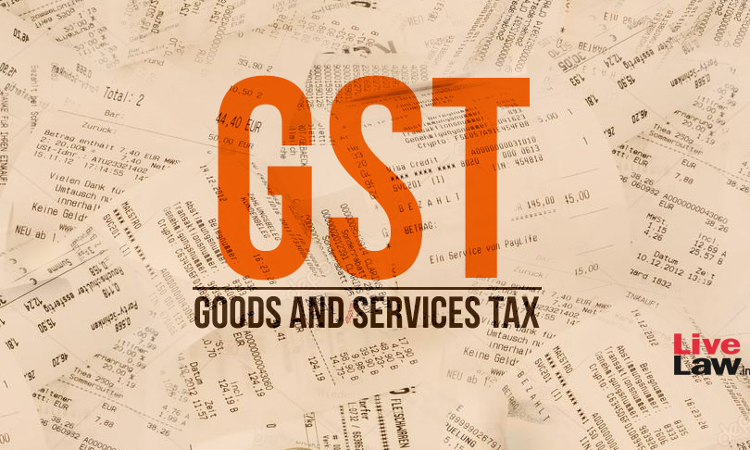Can GST Be Imposed On Royalty Paid To Govt? Kerala High Court To Consider
Hannah M Varghese
29 April 2022 10:00 AM IST

Next Story
29 April 2022 10:00 AM IST
The Kerala High Court has admitted a plea that has raised significant questions of whether royalty paid to the government qualifies as tax and if GST can be imposed on such royalty. The petitioner is engaged in the business of quarrying granite stones as per the quarrying lease granted to them by the Government under Rule 32 of erstwhile Kerala Minor Mineral Concession Rules 1967. As per...
